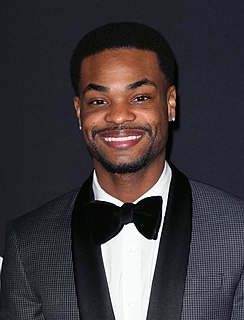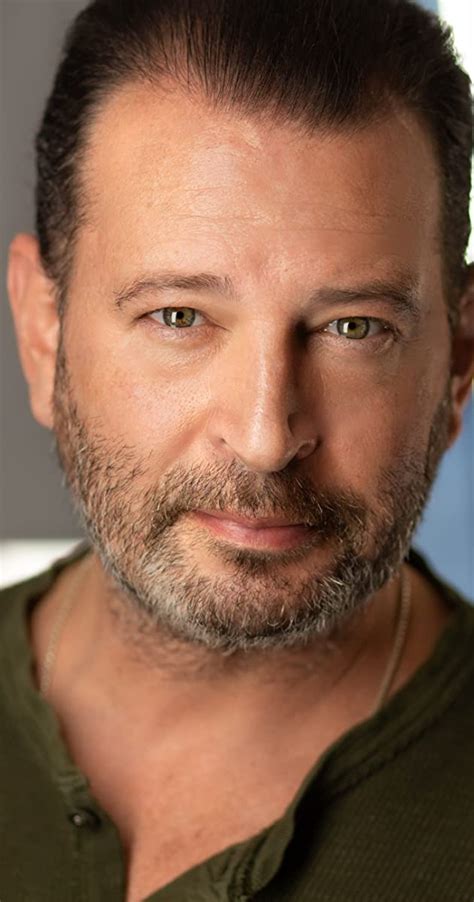A Quote by Jodi Picoult
Once you call something a story, it's set in stone. It has a beginning, a middle, and an end that can't be transformed, because by definition, if you do that, it's not the same story anymore
Quote Topics
Related Quotes
If the point of life is the same as the point of a story, the point of life is character transformation. If I got any comfort as I set out on my first story, it was that in nearly every story, the protagonist is transformed. He's a jerk at the beginning and nice at the end, or a coward at the beginning and brave at the end. If the character doesn't change, the story hasn't happened yet. And if story is derived from real life, if story is just condensed version of life then life itself may be designed to change us so that we evolve from one kind of person to another.
A love affair is like a short story--it has a beginning, a middle, and an end. The beginning was easy, the middle might drag, invaded by commonplace, but the end, instead of being decisive and well knit with that element of revelatory surprise as a well-written story should be, it usually dissipated in a succession of messy and humiliating anticlimaxes.
Changers are characters who alter in significant ways as a result of the events of your story. They learn something or grow into better or worse people, but by the end of the story they are not the same personalities they were in the beginning. Their change, in its various stages, is called the story's emotional arc.
When I set out to write a screenplay, I have in my mind a beginning and an end but that end part continually changes as I start to write the middle. That way by the time the screenplay is finished I have taken myself and my audience from a familiar beginning point through the story to an unfamiliar ending point.
It's only a story, you say. So it is, and the rest of life with it - creation story, love story, horror, crime, the strange story of you and I. The alphabet of my DNA shapes certain words, but the story is not told. I have to tell it myself. What is it that I have to tell myself again and again? That there is always a new beginning, a different end. I can change the story. I am the story. Begin.
I once wrote a short story called 'The Best Blues Singer in the World,' and it went like this: 'The streets that Balboa walked were his own private ocean, and Balboa was drowning.' End of story. That says it all. Nothing else to say. I've been rewriting that same story over and over again. All my plays are rewriting that same story.
We used to get 27, 28 minutes to do a story in, and now they're lucky if they get 18 or 20 minutes. So I don't think they can really do a beginning, a middle, and an end anymore. There's an awful lot of one-line jokes; almost every line is a punchline. It's not the same, but there's still good comedy around.



































